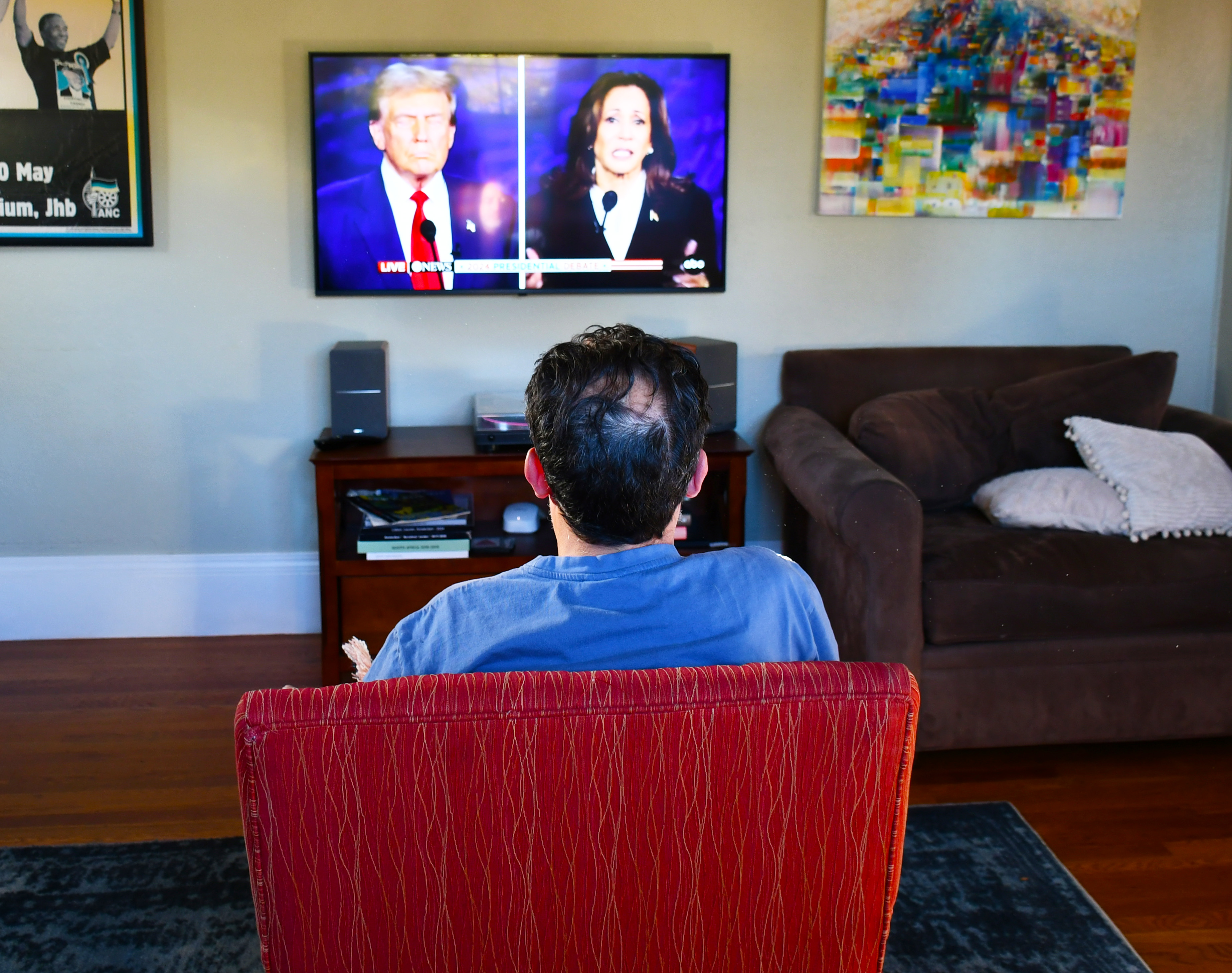Entertainment
Why we watch political debates: Information vs. entertainment

As November grows closer, so does the impending presidential election. It seems that every news outlet is juicing every last moment of this election cycle, quoting every slip-up and creating catchy headlines. Recently, there was a political event that had over 67 million people tuning in; the presidential debate between candidates Kamala Harris and Donald Trump.
Televised presidential debates date back to 1960, when the first one was held between the U.S. President hopefuls John F. Kennedy and Richard Nixon.
Debates exist to help inform voters, give candidates the opportunities to explain their policies, and respectfully debate their competitors. But over the last 60 years, it appears that debates almost never fulfill that purpose.
“We have never had a country where people watch presidential debates to learn about policy issues.” BHS senior Elisandra Moulitsas said. “Dating back to the Reagan era, presidential debates were adjudicated, and the person who won was based on vibe.” It appears that it’s become a common idea, that voters watch debates for entertainment rather than information.
While politics has always been a divisive subject, as of lately, it seems that there is an even more distinct separation between the two political parties and their candidates. Rather than a debate filled with information and explanation, recent debates have been more focused on candidates seemingly deflecting answers, and “subtly” insulting their opposition. It was particularly relevant in the Harris-Trump debate, as well as the June Biden-Trump debate; whether it calling the opposing political party “these people,” or insinuating that their opposition is a disgrace. According to Freshman BHS Speech and Debate team member Jaren Gaines, that’s exactly what makes modern debates entertaining.
“Candidates are using more logic, less evidence. And evidence debates are honestly kind of boring,” Gaines said. “Logic debates are very interesting, especially because they let you see people’s arguments. A lot of candidates crack jokes, and you really get to see the actual work of a person. Evidence debates are much more accurate, but really boring.”
While it appears that watching the debates for entertainment is a common thing in the Bay Area, it is important to note that this is not the reality for a lot of places in the United States. Voters who live in more politically divided places, or are unsure who to vote for, are more likely to watch the debates to inform themselves and better get to know the candidates rather than for entertainment. It is a symptom of the Berkeley bubble, that students and voters alike watch the debates for entertainment– because they already know who they are voting for.
“People, especially in Berkeley, are so well educated on candidates’ views.” Gaines said. “It’s to the point where locals would go into a presidential debate already knowing what’s gonna happen, especially if it’s ridiculous.”
Still, interest in watching debates for entertainment is likely also aided by social media’s involvement in politics. Aside from news outlets, social media platforms and their users now pick apart every moment of every debate. Specifically memes or trending taglines arise over things that candidates say or do. It almost feels like, for some, the debates are a place to make fun of the candidates and post about it online. Especially if the opposing candidate is somebody that they strongly dislike.
“Debates have now turned entirely into publicity stunts,” said BHS junior Maya Babij-Ross. “The debates are so entertaining because of the polarization, and people find it entertaining when both sides don’t know what they’re talking about.”
Decided voters have no real obligation to watch the debates. But it’s possibly in human nature to find things that are wrong about candidates or politicians, almost in a self-righteous way. As well as the fact that laughing at these disgruntled and defensive debates helps distract people from the fact that in January, a new President and Vice President will be sworn in, and everything could change.









